Edible me
Most of us got closer to gastronomy because we started eating consciously - in all the meanings this word can have.
Be it because of health or a hedonistic interest, at some point in life, we started paying more and more attention to food and how it was presented, accompanied, prepared, served and consumed.
We may also have started investigating the mechanics of food preparation, supply chain labour, gastronomy philosophy, or service's importance.
We are floating sky-high above Maslow's pyramid of needs to do so.
First and foremost, we have access to food, which has become the focus of our interest. Access to our focus of interest is paramount: as scientists, we smell and lick our study samples.
And then proceed to eat them.
Without access to the food we study, we can only resort to tertiary experience.
We can read the gastronomic chronicles of those who prepared and sampled the food and shape an intellectual idea of what that food should be by reading.
Of course.
Reading MFK Fisher, we KNOW how that trout au bleu tasted by the way she describes how it is making her feel.
If skilled and adventurous enough, we can even replicate the recipes we read and thus try to feel what our senses look for in studying a plated gastronomic phenomenon.
But this is a long-term journey.
Food and digesting take time, and intellectually digesting gastronomy takes time.
From time to time, we need to rest our ideas, soak into them, chew them again and again, and at some point, we can try to push them into the bare reality of a blank page.
A lockdown tale
Like the rest of us, we had a kitchen in full swing during the first lockdown.
Being locked at home, with plenty of restaurant suppliers begging regular customers to buy the products that the closed restaurants weren’t consuming, sent us on a cooking spree.
On a rainy day, we decided that the right idea for our locally sourced and beautifully juicy spare ribs rack of pork was to see a video posted a couple of days prior by Dabiz Muñoz or DiverXO, and replicate its recipe to make us tacos.
Nothing ever goes wrong with tacos, especially on Tuesdays - or so I am told.
By that time, I hadn’t tried his cuisine yet. My better half did, several times per year over over a decade.
So, there was quite a disparity in the kitchen.
However, we joined forces and set to work, enjoying more than a bottle of wine.
We followed the recipe and enjoyed the result—perhaps even more, the process. We repeated it during the second lockdown, but there was a huge difference this time.
The difference was that I had eaten at DiverXO already, and - strong with that experience, I had applied a couple of beautiful twists to the recipes that made it more mine and possibly more flavorful. It's a cuisine almost as histrionic as my complete craziness regarding a spices rack.
Why do I tell you this story?
First, I want to tell you that experimenting with the mouth and hands is the most important thing we can do to improve our gastronomic awareness after reading and musing about gastronomy.
The activity of a gastronomer should be equally divided into studying and experimenting. One comes cheaper in terms of money but more costly in terms of dedication. The other will require a hefty budget and time.
Do you see the common denominator here?
Time and patience are essential.
Like with the recipe for the tacos pork ribs á la Muñoz, I experimented during the confinements: time was the key.
It's time to whip up the sauces, test, and enjoy a meal alongside a glass or a cup - of whatever one wants. It's time to absorb readings and meals, double-cook thoughts, and whip up ideas.
The very start
So, how do I start? - one may ask.
Pick up a book, and only when you are done, and you’ve read all existing literature can you stop reading gastronomy and recipe books altogether (hint: not happening in this lifetime).
Then, carefully plan your life around food. Remember, it is a life’s mission, so you’ll probably have to skip that museum visit. You’ll be stuck in a 12-course lunch and must dash towards an aperitivo.
The next step is to eliminate any hope of having spare money. All you have will be invested in books, trips, ingredients, and restaurants. Finally, you can start a lifelong journey of learning and never-ending discoveries.
And here, it becomes tricky.
On the one hand, you will be bombarded by new openings, events, several-hands dinners and occasions near your base.
On the other hand, you will need to broaden your horizons and to do so; you will need to read, eat, and travel where none of the foodies/journalists/enthusiasts around you is focusing their interests.
You will have to travel abroad a lot, whatever “abroad” means to you.
Some zones are where something incredible and gastronomically relevant happens, and you cannot miss it.
And right in the middle, your health (and bank account) will become poorer: with much wine and food, only a very ascetic approach to life can get you through these gastronomic ordeals.
So here is my suggestion.
Mute all newsletters from communication agencies and leave social media foodies to their “events”.
Focus on the essential, frequently far away from home and publicity. Plan your life around your trips abroad, and use the time at home to recover, go to the gym, and eat healthy.
Moreover, focus on what gastronomy truly is: eating and understanding. You do NOT need restaurants for this.
Will you miss trying that new place everyone is talking about because you’ll opt for your favourite place near home to squeeze out some feelings at home?
Sure.
Will that restaurant still be there for a future you?
Maybe, and if not, it means that it was not relevant.
Allow yourself a couple of cherry-picked unmissable events.
I give you an example.
When Pedro Sanchez, the visionary of Bagá was invited to cook pure vanguardism in the classic elegant rooms of the Ritz in Lisbon, one needed to be there - because it was and will forever be a landmark of Portuguese and Spanish gastronomy.
The attendees (mainly chefs, some journalists, and writers) were exposed to culinary vanguardism immediately, which will likely create ripples in their realities forever.


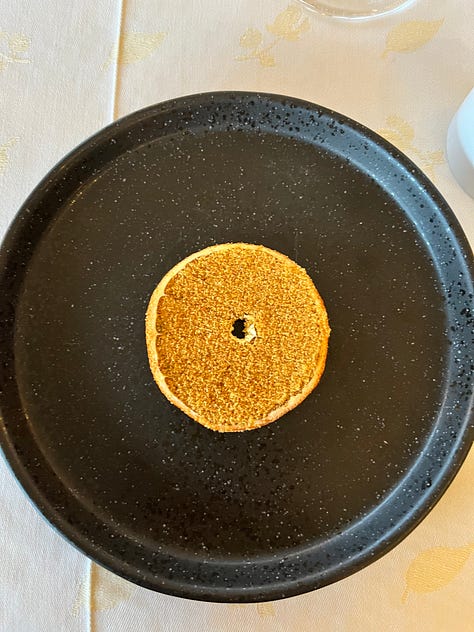

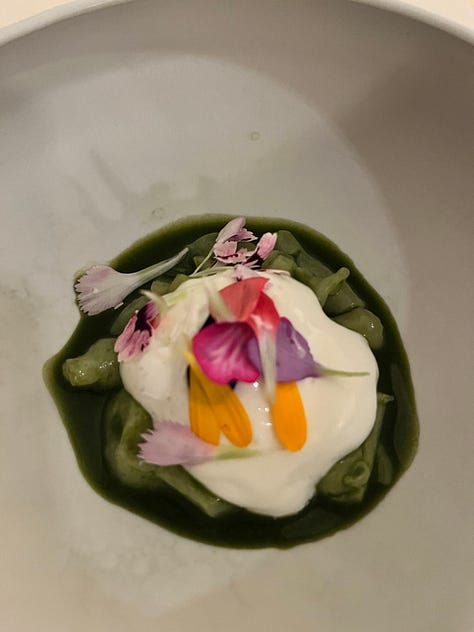



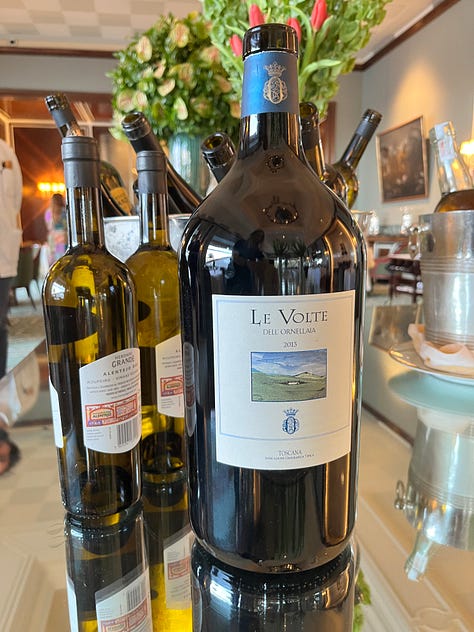
And let me ask you: as a gastronomer, where were you?
This was an event, yes.
It was also a very hedonistic moment in a nutshell. Even for a minuscule atom, our way of thinking about gastronomy was forever changed.
How such an event can change you and shape your thoughts?






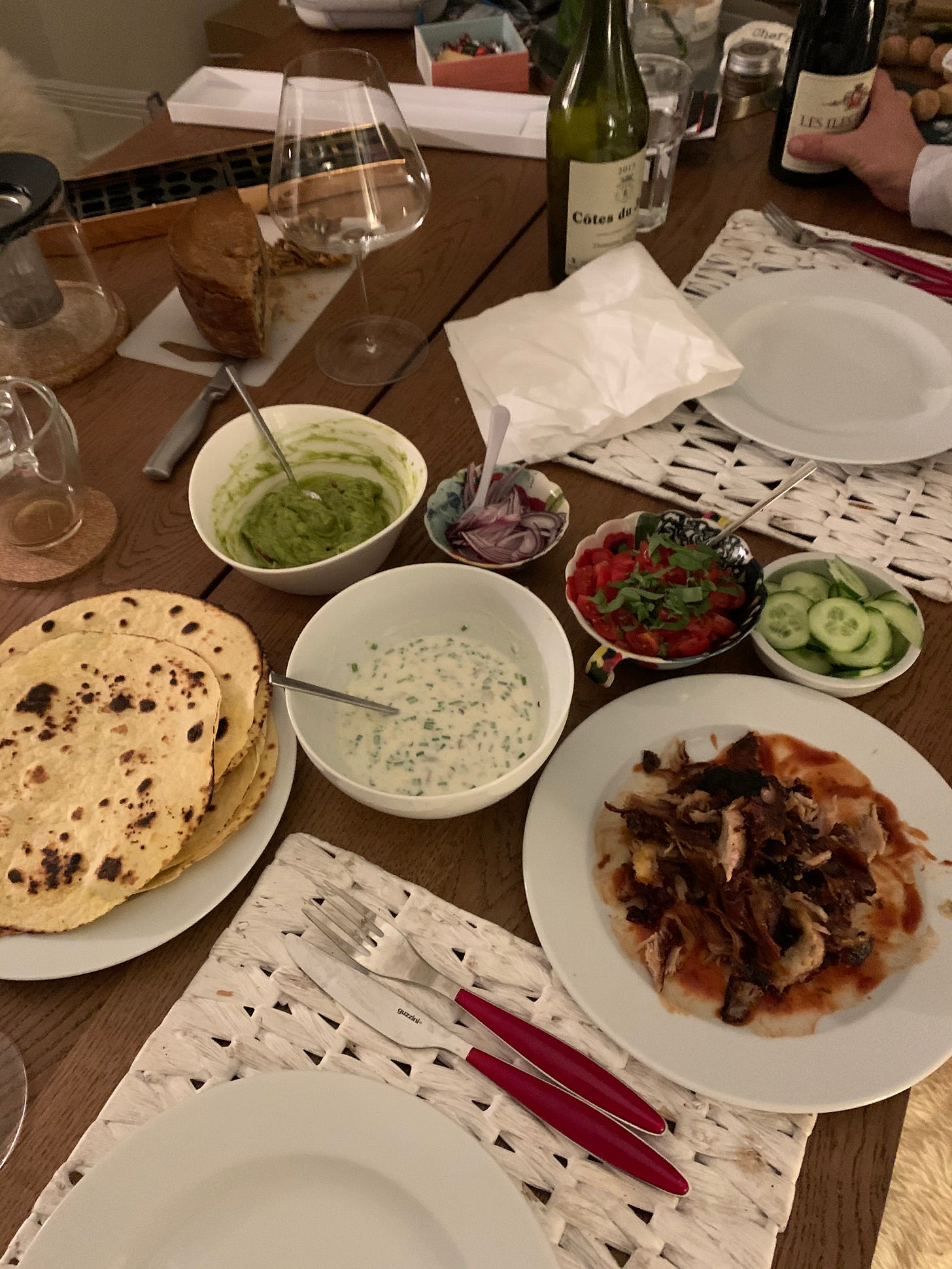
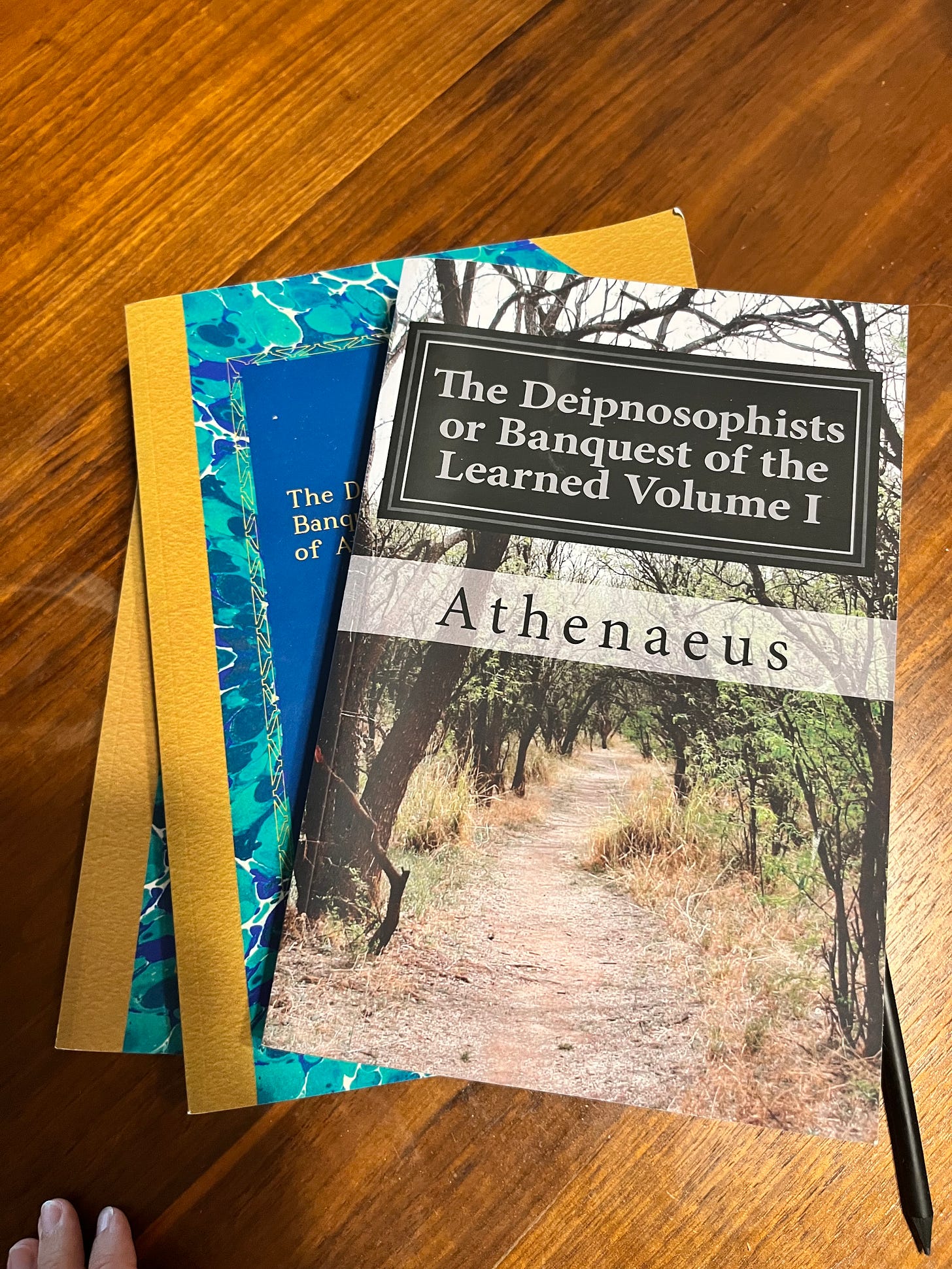
The job of a good gourmand and/or food writer in a nutshell. Kudos!
Too bad the professional life of many of them is summarized by the very things not to do you listed, because otherwise they wouldn't be able to earn from it.
It's a broken system.
🙌